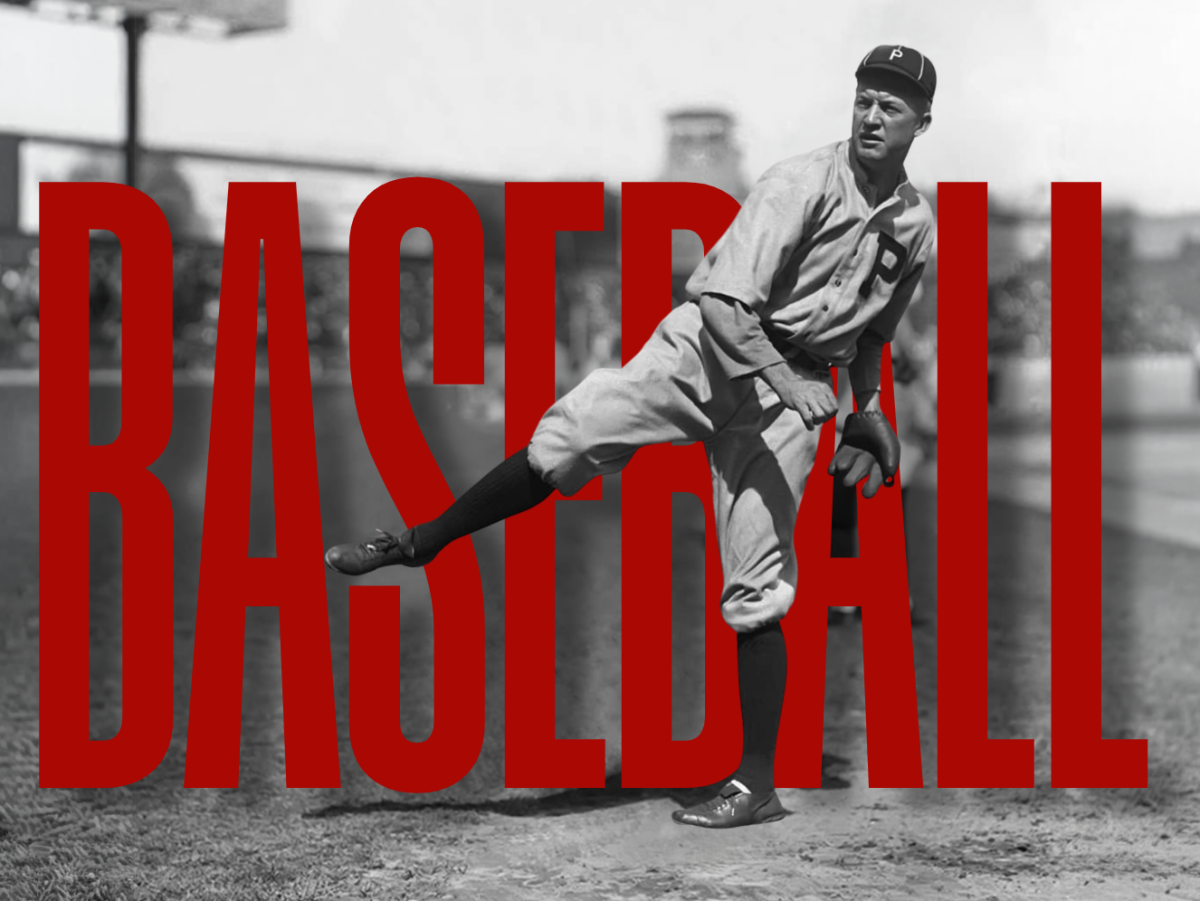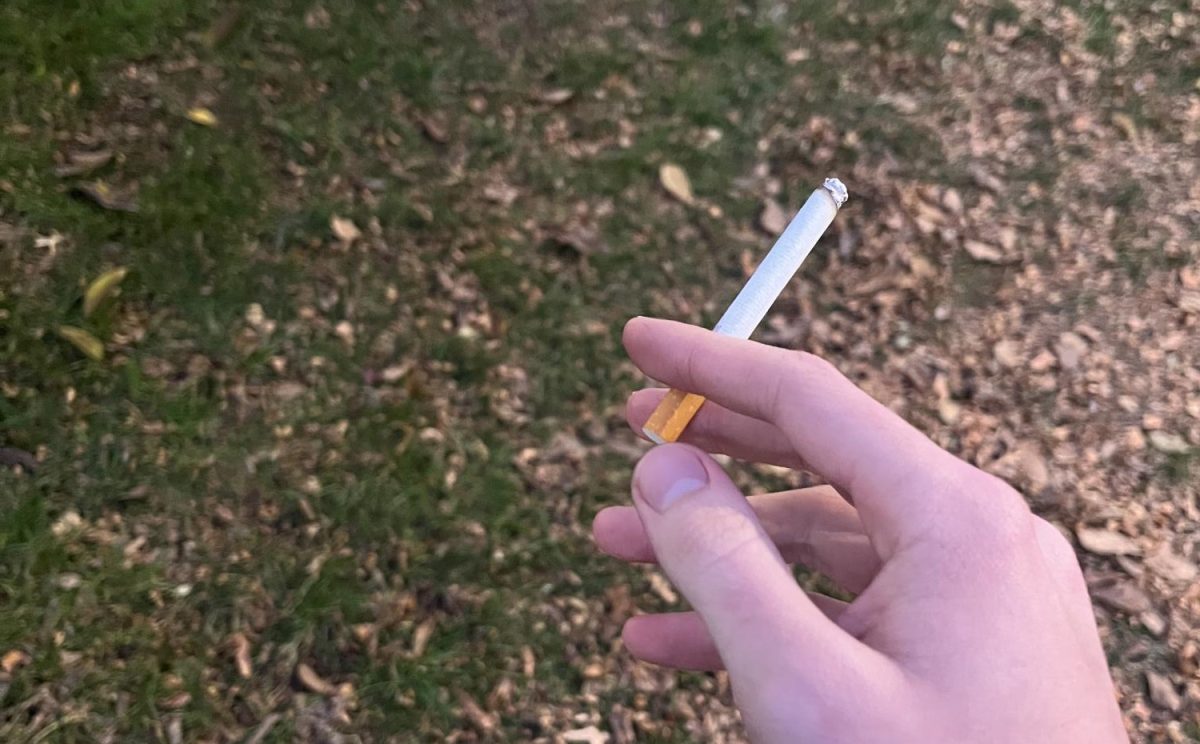By FELICIA CZOCHANSKI
ASSISTANT OPINION EDITOR

Last Wednesday, Feb. 5, huge crowds were drawn to the Barclays Center in Brooklyn, N.Y. for the Amnesty International “Bringing Human Rights Home” concert.
Attending this concert myself, I found it to be a fantastic and eye-opening experience. Not only was there an amazing and eclectic line-up of performers, including Blondie, Imagine Dragons, the Flaming Lips, Colbie Caillat and The Fray, but many inspirational people spoke about their own lives and experiences full of heart-wrenching injustices, and the lack of rights that so many people take for granted.
The fiercest of these speakers were Maria Alyokhina and Nadezhda Tolokonnikova, two recently freed former members of the Russian protest rock band Pussy Riot.
Founded in Moscow in 2011, the band held “guerilla performances” around the capital protesting against the unfair violations of human rights of the Russian people.
They were arrested after a performance in Feb. 2012, where five members of Pussy Riot performed a song declaring opposition to the politics of Russian president Vladimir Putin in the Cathedral of Christ the Savior, a famous Moscow cathedral. They used clips of their performance to make the music video “Punk Prayer— Mother of God, Chase Putin Away!” This performance included a mock prayer to the Virgin Mary asking her to take President Vladimir Putin out of power.
Due to this performance, among other actions, five members of the group were jailed for over four months without bail before their trial. The women then appeared before a court in July, where they were convicted on the basis of “hooliganism motivated by religious hatred” and sentenced to two more years in prison, including some being sent as far away as Siberia.
Amnesty International, a “global movement of more than three million supporters, members and activists in over 150 countries and territories who campaign to end grave abuses of human rights,” adopted Pussy Riot’s case and designated the women as “prisoners of the conscience.”
Agreeing with Amnesty International, another concert attendee Ryan Quinn, FCRH ’17, believes that “anyone willing to risk personal well-being to protest a lack of free speech is inspiring and deserves a lot of respect.”
On the other hand, Putin felt less sympathy for their cause, stating that the band had “undermined the moral foundations of the nation” and that they “got what they asked for.”
Putin freed Aloyokhina and Tolokonnikova as part of a string of pardons, which included that of Russian oil baron Mikhail Khodorkovsky, before the Olympic Games in Sochi.
The members spoke at the concert with the help of a translator, and shouted into their microphones about the changes that need to be implemented throughout society so that we can start to make our world a better, safer and fairer place for everyone. They related their personal experiences at the hands of the unjust Russian government and ended their time on stage by starting a venue-wide chant of “Russia will be free!”
The Winter Olympic Games in Sochi, Russia, have shed light upon the prejudice and partiality present in Russian politics. One of the major issues has been Russia’s new LGBT law, which bans “the propaganda of nontraditional sexual relations to minors,” and has gained a lot of attention due to the Olympics. It is not uncommon in Russia to be arrested for the offense of wearing “rainbow propaganda,” which could be interpreted as a form of support for the LGBT movement.
Protests to this law have been shown not only through some of Pussy Riot’s other songs, but also by Swedish Olympic high jumper Emma Green Tregaro, who painted her nails rainbow until she was told that this was found offensive to Russia and changed them to red to avoid prosecution. Google also protested in its own way, creating a rainbow Olympic logo for its search bar. U.S. President Barack Obama also nominated openly gay athletes to serve as members of the American Olympic delegation, including figure skater Brian Boitano and former women’s ice hockey team member Caitlin Cahow, which many interpreted as a sign of protest.
It is great to see that people are not afraid to speak out against the injustices that are going on in other parts of the world. Even just a few baby steps can inspire others to step up and try to make a difference. We must hope that one day, not only will the people of Russia be free to utilize their human rights, but the rest of the world will be free to do so as well. Yet, in order for this to happen, this hope must be turned into action, and the action must transform into inspiration so that others will do the same. With a chain reaction moving towards a common goal, our world will undoubtedly become a better and fairer place. It is up to each person to start making his or her own footprints.
Felicia Czochanski, FCRH ’17, is an undeclared major from Metuchen, N.J.
Richard Bordelon contributed reporting.





































































































































































































